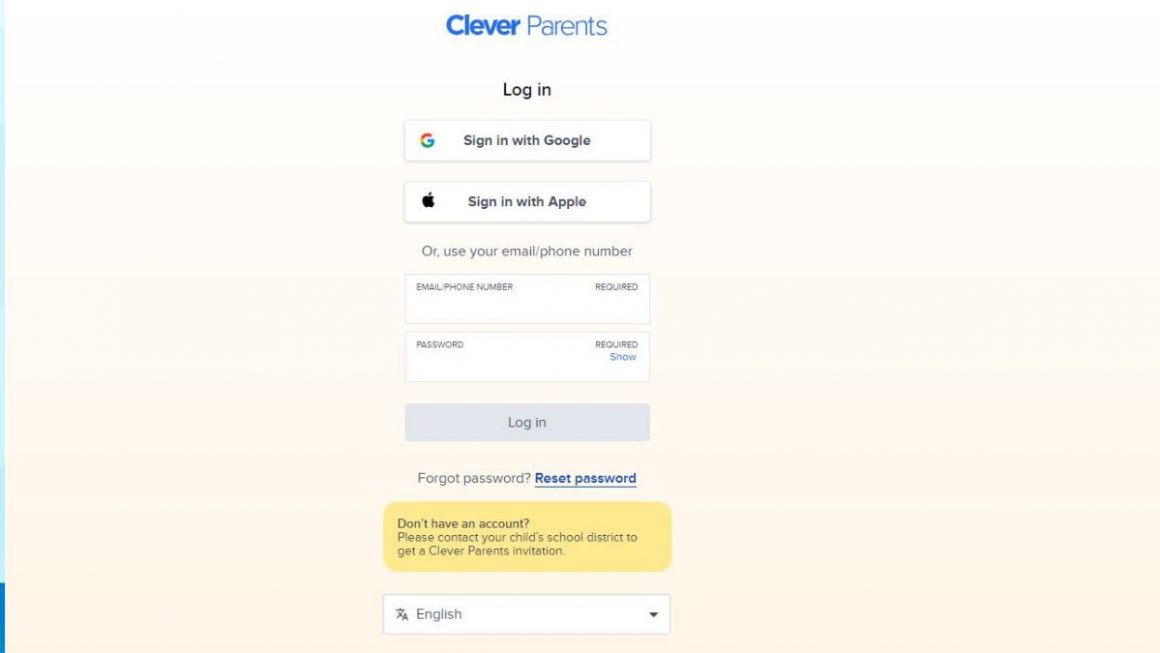Did you know you can participate in the global efforts to save mother earth by simply choosing the stores you support or buy from? Because of the acute effects of climate change, entrepreneurs have opted to donate 1% of their proceeds to global sustainability efforts. In Australia, many businesses are part of this movement.
You as a consumer can effectively be part of a more significant cause by ensuring you patronize establishments that participate in this initiative. One famous example is coffee. Since you probably drink a cup or two daily, have you taken the time to check if your favourite brew is from a sustainable coffee source? If not, know that there are coffee suppliers that support global sustainability efforts and as consumers you contribute to this cause when you buy their products. Next time you enjoy your next brew consider the origin of your coffee.
A product is sustainable if it meets the following criteria:
- A product made from renewable resources, which can be replenished but not completely depleted, is good.
- Doesn’t pose any direct harm to the environment: The product’s manufacture, distribution, and consumption consume as little energy as possible, and trash is minimized and disposed in an environment-friendly manner. Because almost no activity is entirely free of environmental consequences, most environmentally conscious businesses aim to reduce their harmful effect as much as possible.
- If the product was not created socially responsible (for example, through forced or child labour or with no regard to health or safety problems), it qualifies. A socially sustainable firm employs fair and equal employment procedures, recruiting individuals from different genders and races and ensuring that they have a role in the organization’s decision-making. Employee health, well-being, and success are essential concerns for socially sustainable enterprises and the citizens of the towns and nations in which they operate.
Know if you patronize green products:
First, make sure the label is correct. Often, the labels on products will provide information on how the product was created and its potential environmental effect. Take, for example, product labels that state that the product is made of:
- It was constructed from recyclable materials.
- It was created from renewable materials.
- If the product is 100 per cent biodegradable, or
This product was made using ethically sourced labour in mind.
You may also encounter certification seals from established standards and organizations, such as the Environmental Protection Agency or the World Fair Trade Organization. In addition, global organizations have been formed to discover, study, and label the relative sustainability of various items.
An assessment of businesses processes is required.
Processes, rather than actions, are the key to long-term sustainability.
Some firms aim to increase sustainability by optimizing their processes and resources; others strive to improve sustainability by taking action, while still others seek to do both.
Through process and resource optimization, some businesses select vendors, materials, manufacturing processes, employment alternatives, and other business decisions expressly because they are conducive to long-term sustainability. Because of this, substantial due diligence is typically required, which results in higher initial manufacturing costs.
Is this the future of businesses?
Yes, as consumers become more aware and educated, they will use the information to good use. So, when you drink your favourite brew, ask yourself, is this sustainable coffee? With more agile mobile technology, you can research your choices, and the trend is
as consumers increasingly demand environmentally friendly products and services, more businesses will place a greater emphasis on the sustainability of their operations. A greater understanding of sustainability will enable you to make more informed decisions as a customer.
Author name- Grace












